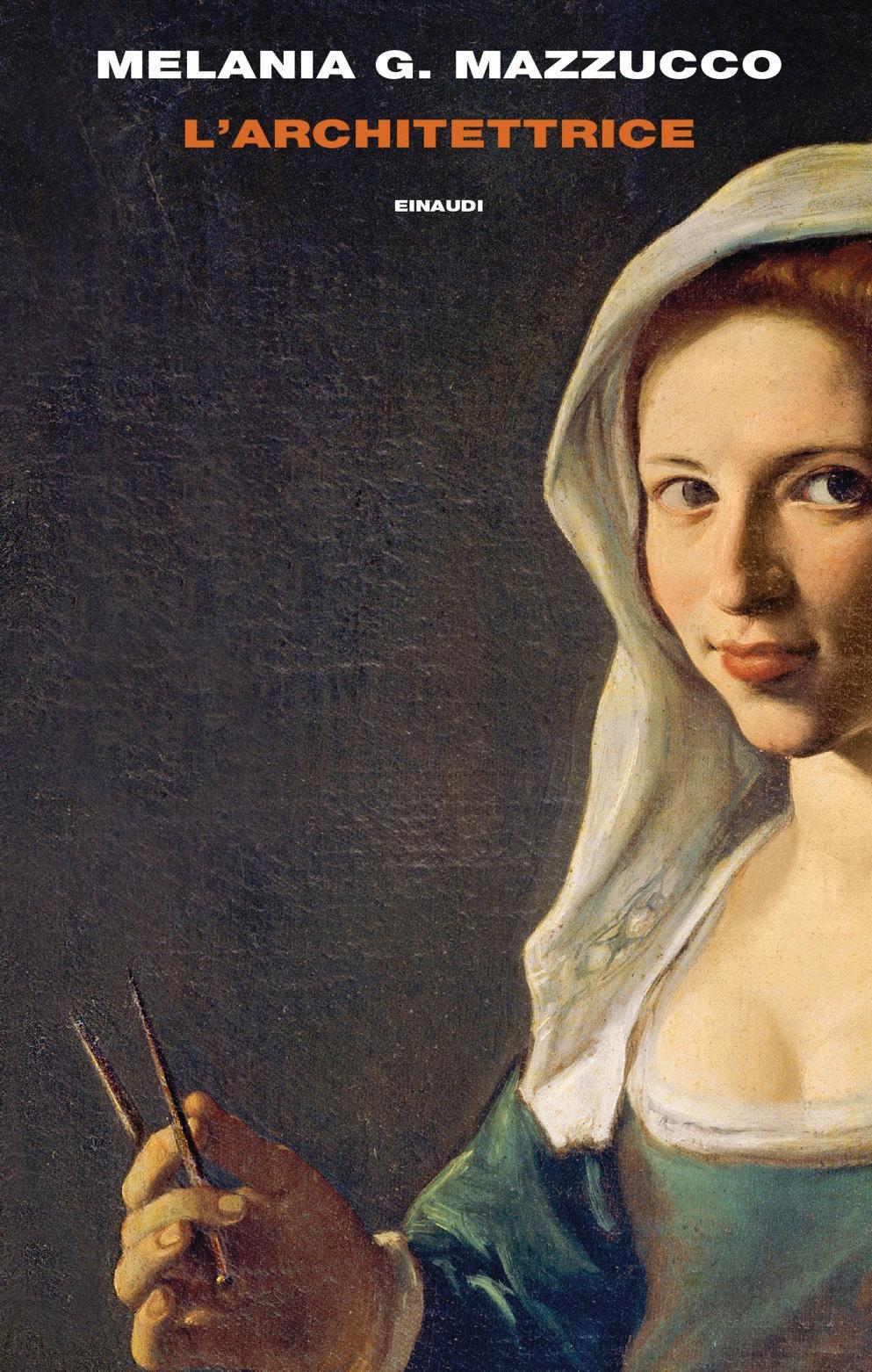
3 minute read
Necessity is the Mother of (Re)Invention
Mariangela Stagnitti honours her migrant background by creating a framework for global connection
by Hayley J. Egan
Advertisement
It turns out women buy Ferraris too. That is what Mariangela Stagnitti learnt when the company consulted her on how to make the brand more approachable. At that point an idea she had in the back of her mind sprang to life, and in October 2019 she organised the launch of her Italian Business Women’s Network at the Ferrari showroom in Brisbane. «I had 240 women,» says Mariangela, «and from that it just grew and grew.» The Italian Business Women’s Network now has over 7000 members. Aside from being the elected president of Com.It.Es for Queensland and the Northern Territory and Vice Secretary for AIM (Associazione per l’Italia nel Mondo), Mariangela has over 35 years experience in banking. Her work has focused specifically on migrants, helping communities with their banking needs and in establishing businesses. «I created the network in order to give women somewhere to go to connect with other women, and to connect with their heritage. We are daughters, granddaughters and nieces of migrant women. We connect with each other, but also with non-Italian professional women. Women who might go to Tuscany to learn cooking, will then return home and want to take their love of Italy a step further by connecting with Italian women in their professional lives.» According to Mariangela, gone are the days when Italian businesses overlooked daughters in favour of sons. «Women have that family tie, a strong sense of family legacy» she says, remembering advice given to her by a Sicilian business owner. «Women will take over a family company and work in it for the right reason. We are softer in character, and we are connected to our fathers, especially in Southern Italy. Men will
18 SECTION
listen to their fathers, but they also have to listen to their wives» she laughs. The Italian Business Women’s Network, after launching at Ferrari, held a second networking event at the luxurious Natuzzi Italia showroom in Brisbane early in 2020. There were plans for continued events, including partnerships with Queensland Ballet and Opera Queensland for elegant nights out, but when the pandemic struck, her plans had to be reimagined. «It started when a friend of mine in New York sent me a video of herself in Central Park,» Mariangela says. «I asked to share it on the Italian Business Women’s Network platform, and I ended up receiving 110 videos from women from all around the world.» The video project became a framework for reinforcing her network of Italian women, who were suddenly dealing with the challenges of lockdown. She was intent on nurturing collective strength in a difficult time, because, as Mariangela says, «No one should ever feel alone.» There are many stories, including a wedding planner from Canada who, rather than lose her livelihood, had to come up with a way to keep booking weddings. Her tactic was to encourage marriages to go ahead but to postpone receptions. Another member of the network in Rome, a fashion designer, was shy about participating, but eventually uploaded a video of herself in front of the Trevi Fountain talking about the pandemic and how she had to keep going. «Some of my friends lost their jobs,» recounts Mariangela. «But they joined in too, and it helped them. So many people wrote to them privately and told them to hang in there. It got people out of their shell. When you surround yourself with other women, with positive people, that helps a lot.» Mariangela was awarded one of 14 prestigious Globo Tricolore prizes for the video project. «I am so proud to have received this prestigious award,» says Mariangela. «I dedicated it to my parents, who passed on their Sicilian character and strength in overcoming difficult times. My mother, who was 17 years old when she came here, taught me that as women we just have to deal with the tough times. You’ve got to knuckle down and do something, or you sink into a black hole. Back then, those without jobs just reinvented themselves. They made cakes. They sold their jewellery. You just do what you can. You find something that works, and you do it. For those of us from migrant backgrounds, reinvention is an instinct.»











